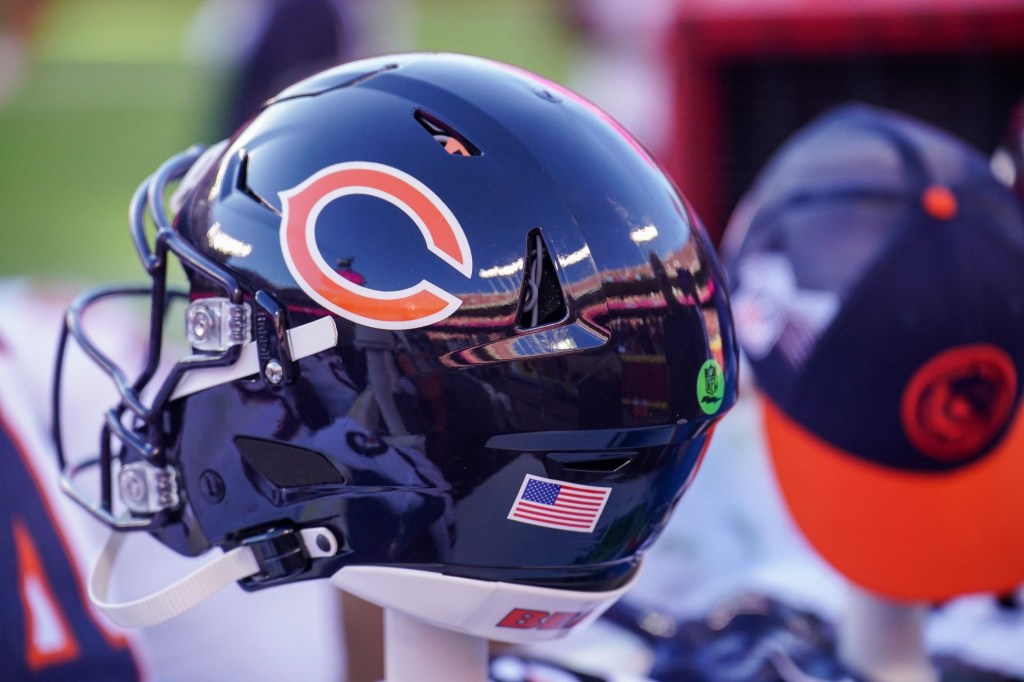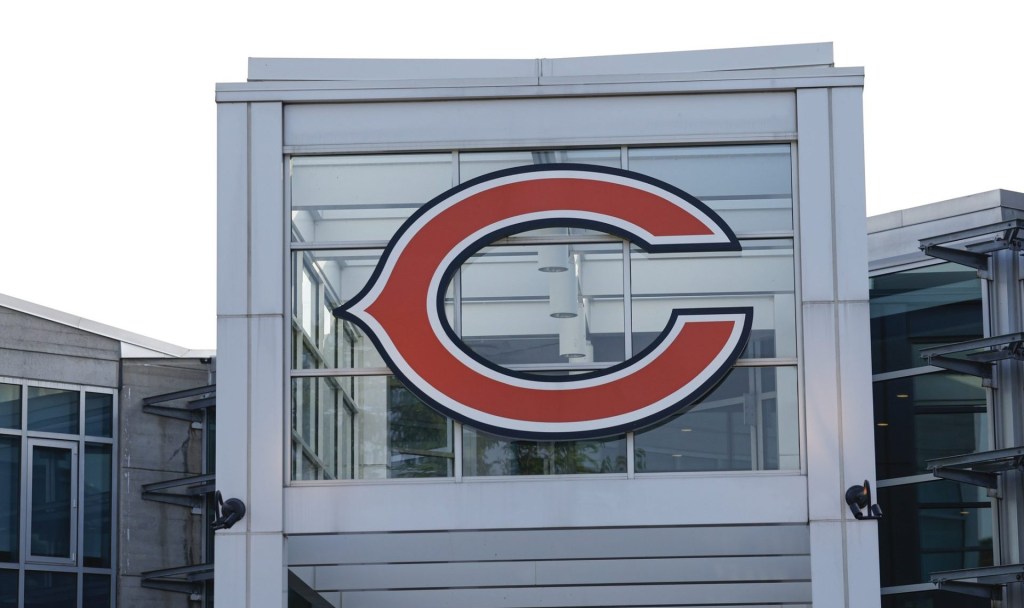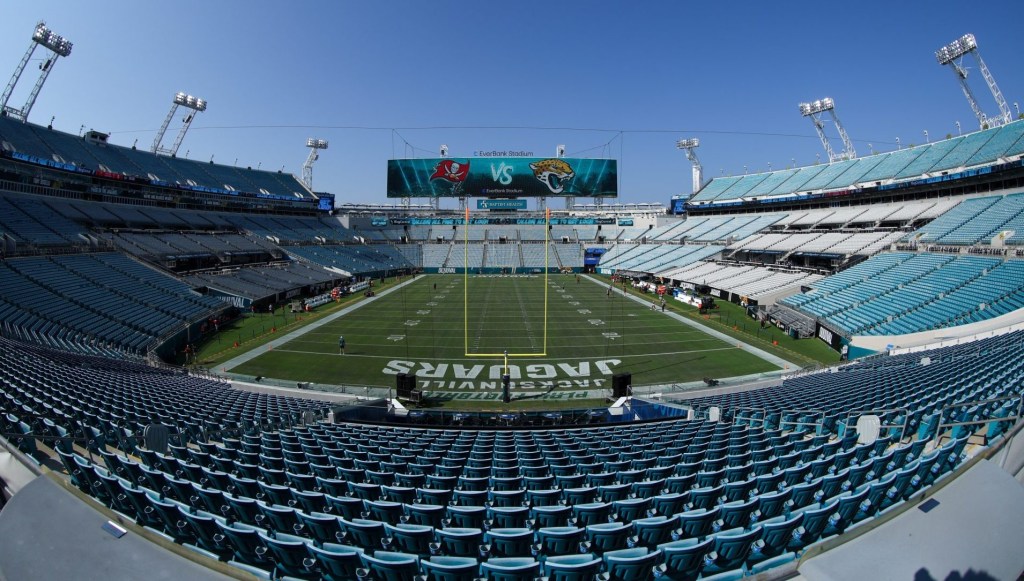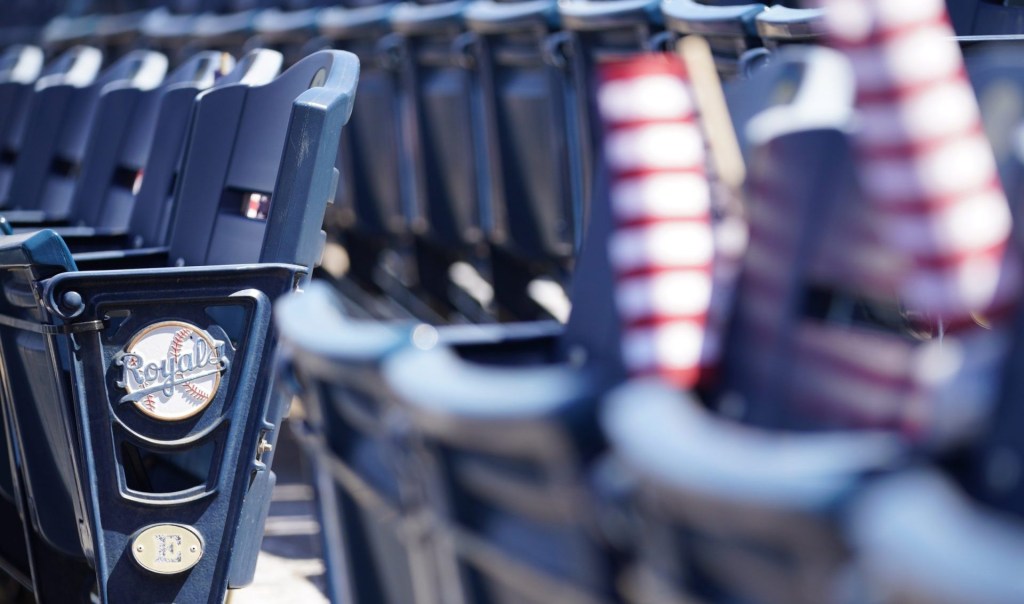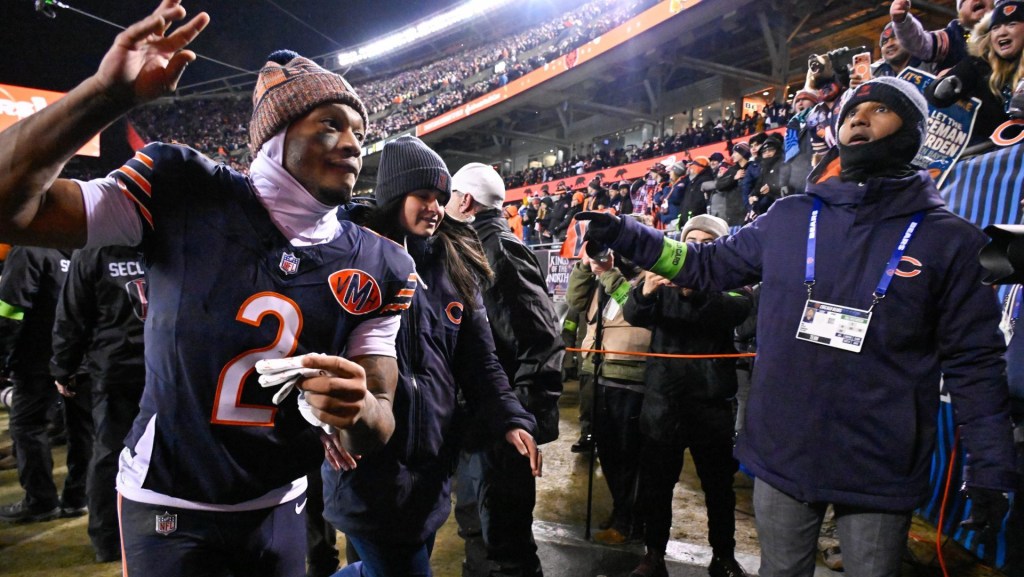The Tampa Bay Rays are not rebranding to become the St. Petersburg Rays, despite the wishes of some local politicians and business leaders. But there is a growing discussion in St. Petersburg about other ways to use a planned $1.3 billion ballpark, which the city will partially fund, to showcase the city, highlighting the delicate nature of public funding for sports facilities—even after the framework of an agreement is completed.
A hearing Thursday of the St. Petersburg city council focused in part on ideas designed to deliver a return on the $600 million in public money already pegged for the stadium project. Among them:
- Alternate jerseys, featuring a St. Petersburg logo, that would be sold year-round.
- Placement of St. Petersburg signs within the ballpark.
- Input from city officials on the facility’s naming.
- Additional emphasis on the St. Petersburg stadium location during Rays game broadcasts.
No final decisions on the various branding proposals have been made, but city council member Ed Montanari said “there’s a lot of value to us to have the [St. Petersburg] name incorporated in some way. I’m looking for a lot more of that.” The Rays are pushing to obtain all needed government approvals for the new ballpark by March in order to preserve a planned spring 2028 opening.
Scrutiny Outside of St. Pete
St. Petersburg is not the only locale where public funding for pro sports facilities is drawing greater scrutiny. All politics are said to be local, and Oklahoma City overwhelmingly approved $850 million in public funds for a new Thunder arena. But in many parts of the country, there remains growing unrest surrounding the use of taxpayer funds for proposed stadium projects, including in cities such as Alexandria, Va., Kansas City, and Phoenix.
“You’re trying to bring a project that’s supposed to improve the economic quality of this town, with revenue projections and economic studies that are basically garbage,” said former Alexandria council member Andrew Macdonald, who is part of a new coalition formed in opposition to the proposed $2 billion project to build a new arena and mixed-use development for the Washington Wizards and Capitals.
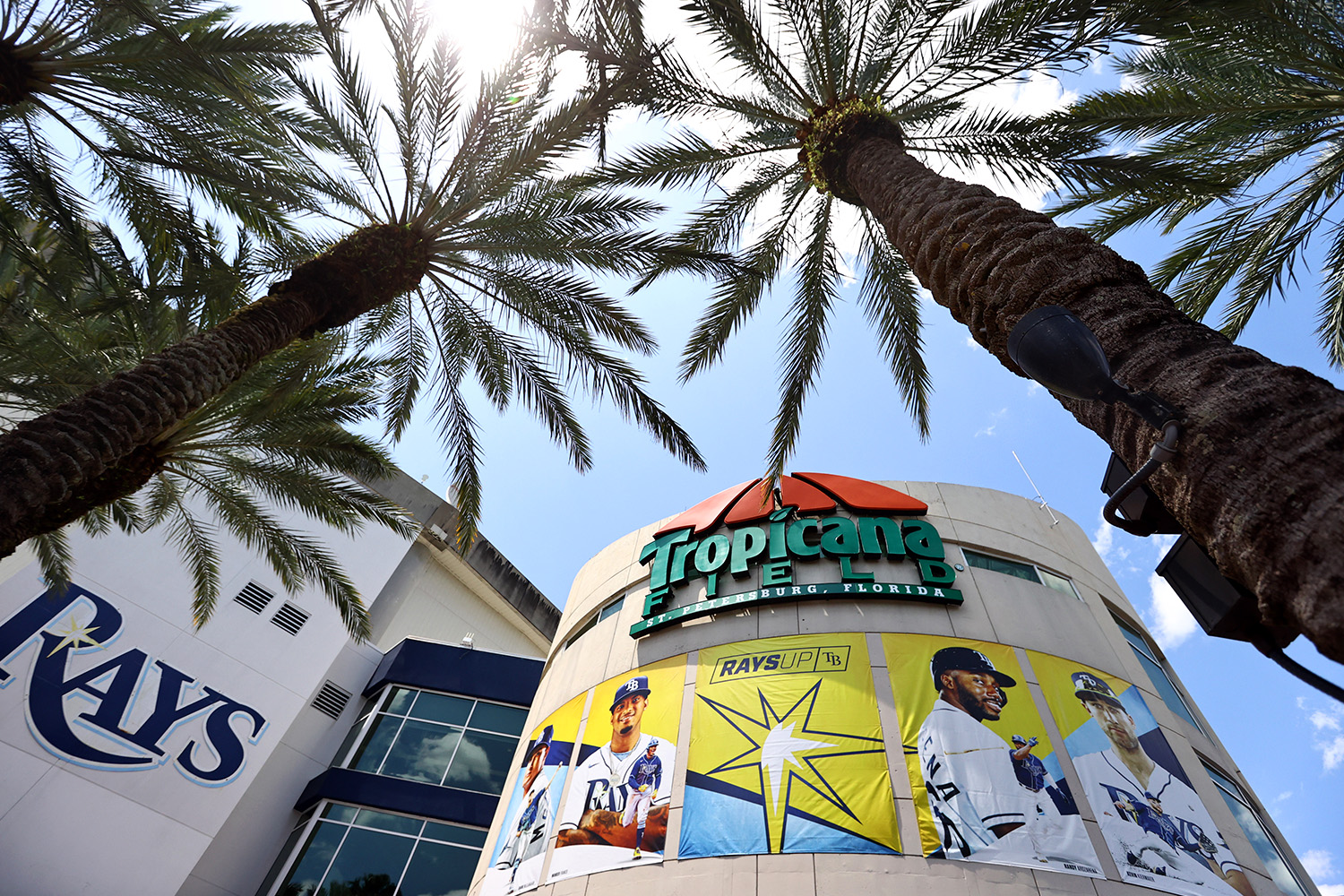

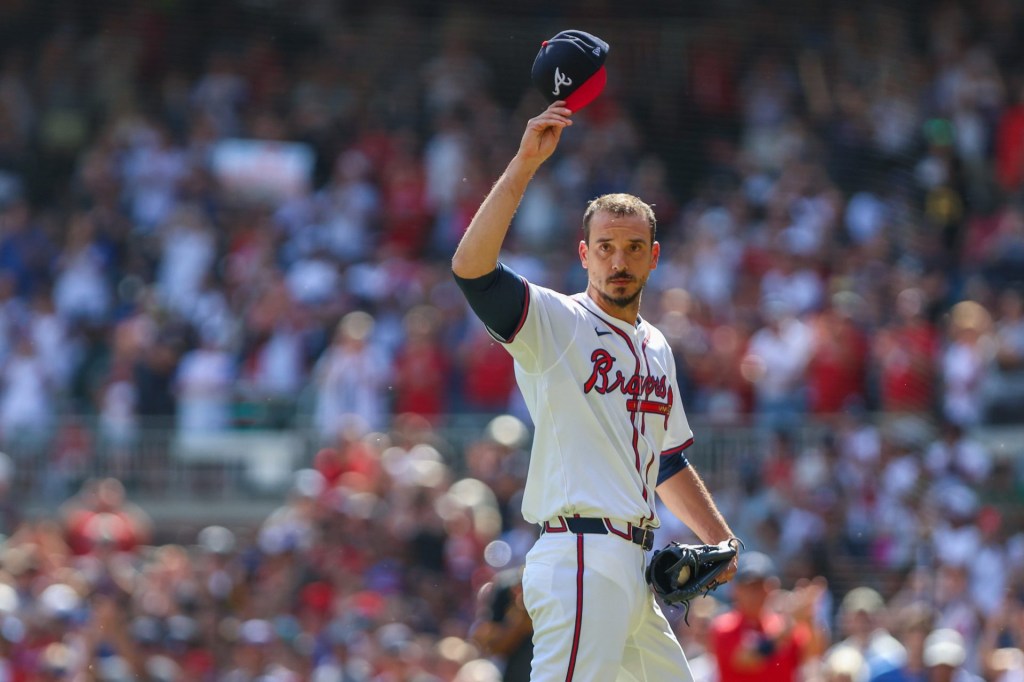
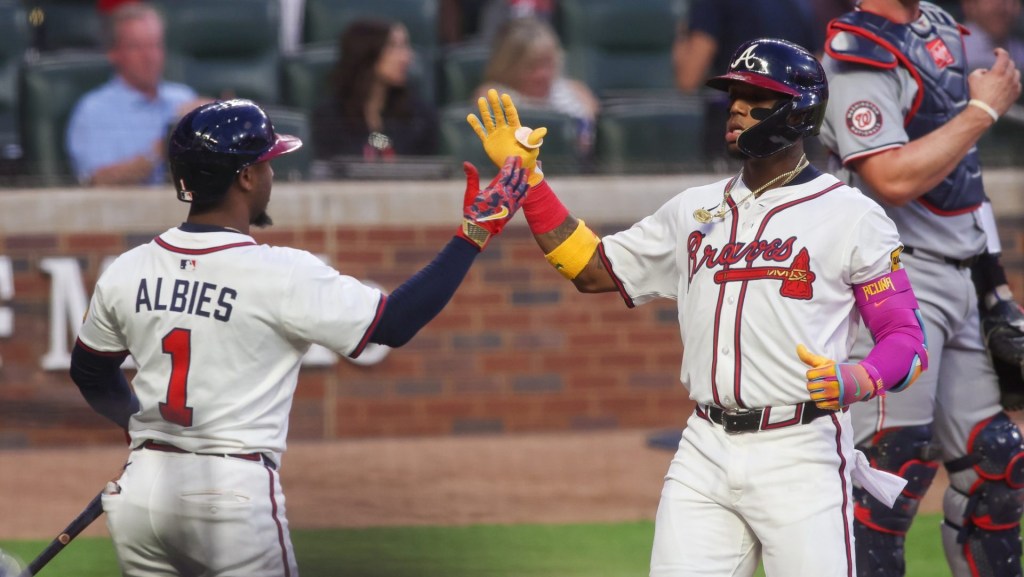
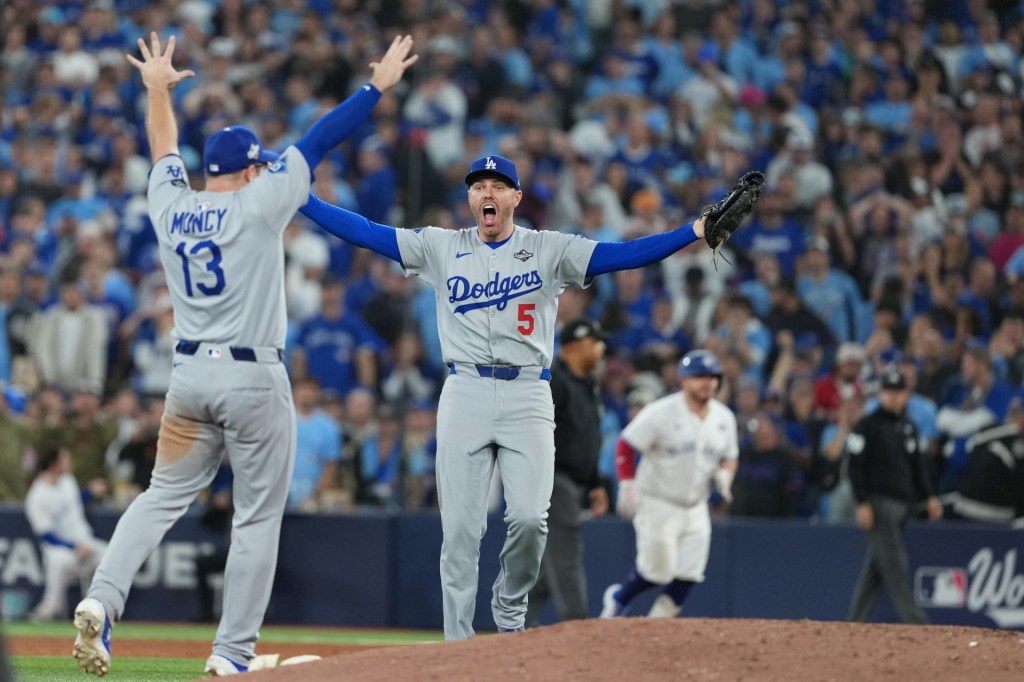

![[Subscription Customers Only] Jun 15, 2025; Seattle, Washington, USA; Botafogo owner John Textor inside the stadium before the match during a group stage match of the 2025 FIFA Club World Cup at Lumen Field.](https://frontofficesports.com/wp-content/uploads/2026/02/USATSI_26465842_168416386_lowres-scaled.jpg?quality=100&w=1024)
![[Subscription Customers Only] Jul 13, 2025; East Rutherford, New Jersey, USA; Chelsea FC midfielder Cole Palmer (10) celebrates winning the final of the 2025 FIFA Club World Cup at MetLife Stadium](https://frontofficesports.com/wp-content/uploads/2026/02/USATSI_26636703-scaled-e1770932227605.jpg?quality=100&w=1024)

